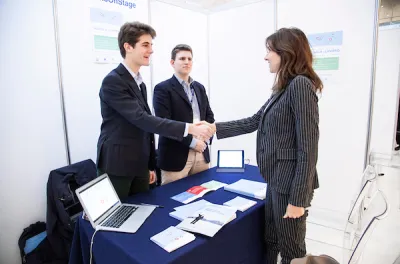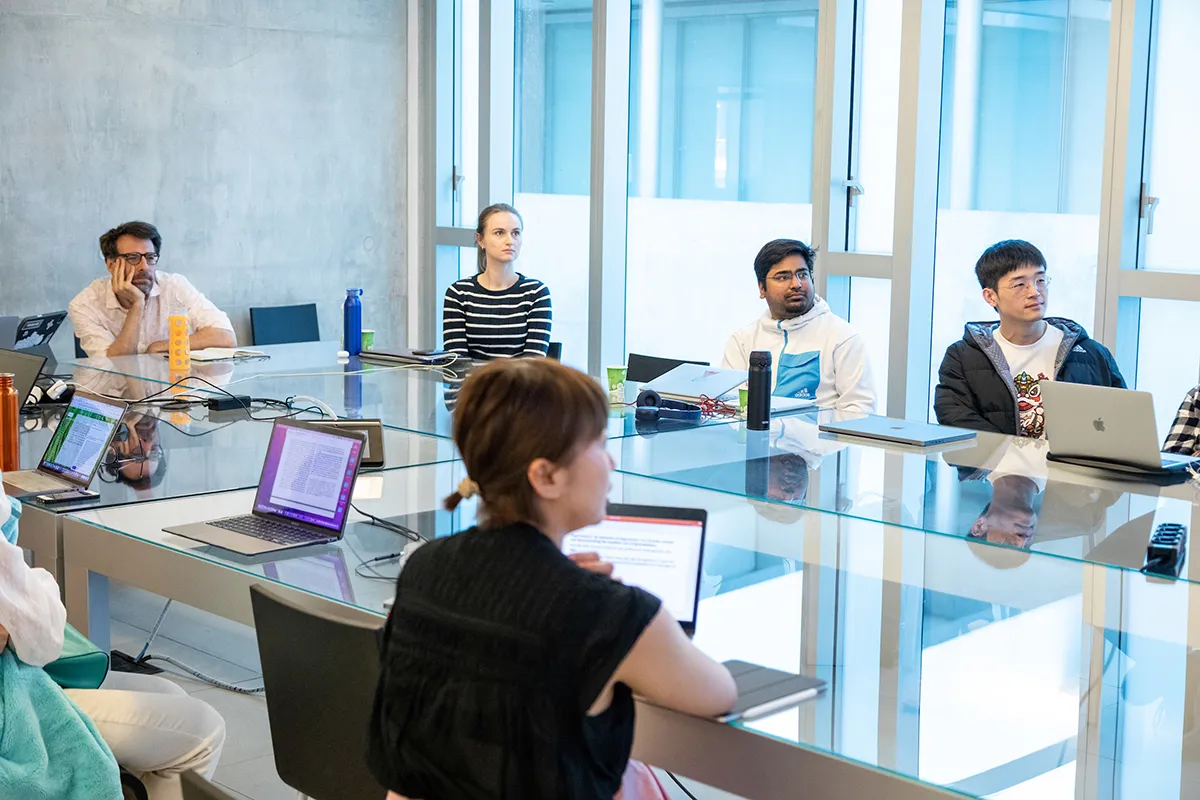PhD in Business Administration and Management

Management Curriculum Coordinator
Prof. Luisa Gagliardi
Marketing Curriculum Coordinator
Prof. Sara Valentini
PhD Program Officer
Marialuisa Ambrosini
The PhD Program in Business Administration and Management offers training in a variety of disciplines related to management studies (with a curriculum in Management and a curriculum in Marketing) and emphasizes the skills necessary to integrate different approaches and develop coherent and cutting-edge research.
This 4-year full time program provides a collaborative, supportive and intellectually stimulating research environment for discovery and dissemination of scientific knowledge applicable to the business community. Students will develop the theoretical and methodological skills required to participate and publish at the highest standards of the international scientific community.
Our first-year students attend 9 compulsory courses: 3 methods courses (shared by the two curricula) + 6 curriculum specific courses. In the following years (second and third), our students may choose how many electives they want to take according to their research interests; the minimum requirement is 4 electives.
Faculty members are leading scholars in their fields. They contribute to the international debate by publishing in and serving as editors, associate editors and editorial board members of leading research journals in Management and Marketing. Visiting professors from top international schools complement our permanent Faculty.
Evolution of the program
- a.y. 1983-1984: establishment of Dottorato in Economia Aziendale (in Italian, 3 years)
- a.y. 1995-96: new name Dottorato in Economia Aziendale e Management;
- in the subsequent years: gradual transition of courses to English
- a.y. 2006-2027: switch to four-year program
- a.y. 2015-2016: organization into two curricula: Management and Marketing
Program Directors (as of a.y. 1995-1996):
Salvatore Vicari
Anna Grandori
Alfonso Gambardella
Gianmario Verona
Arnaldo Camuffo
Andrea Fosfuri
Mario Daniele Amore
Following the links on the left-hand side of this page, you will be able to access full info on the program.
Find out more on how to apply and the admissions process.





